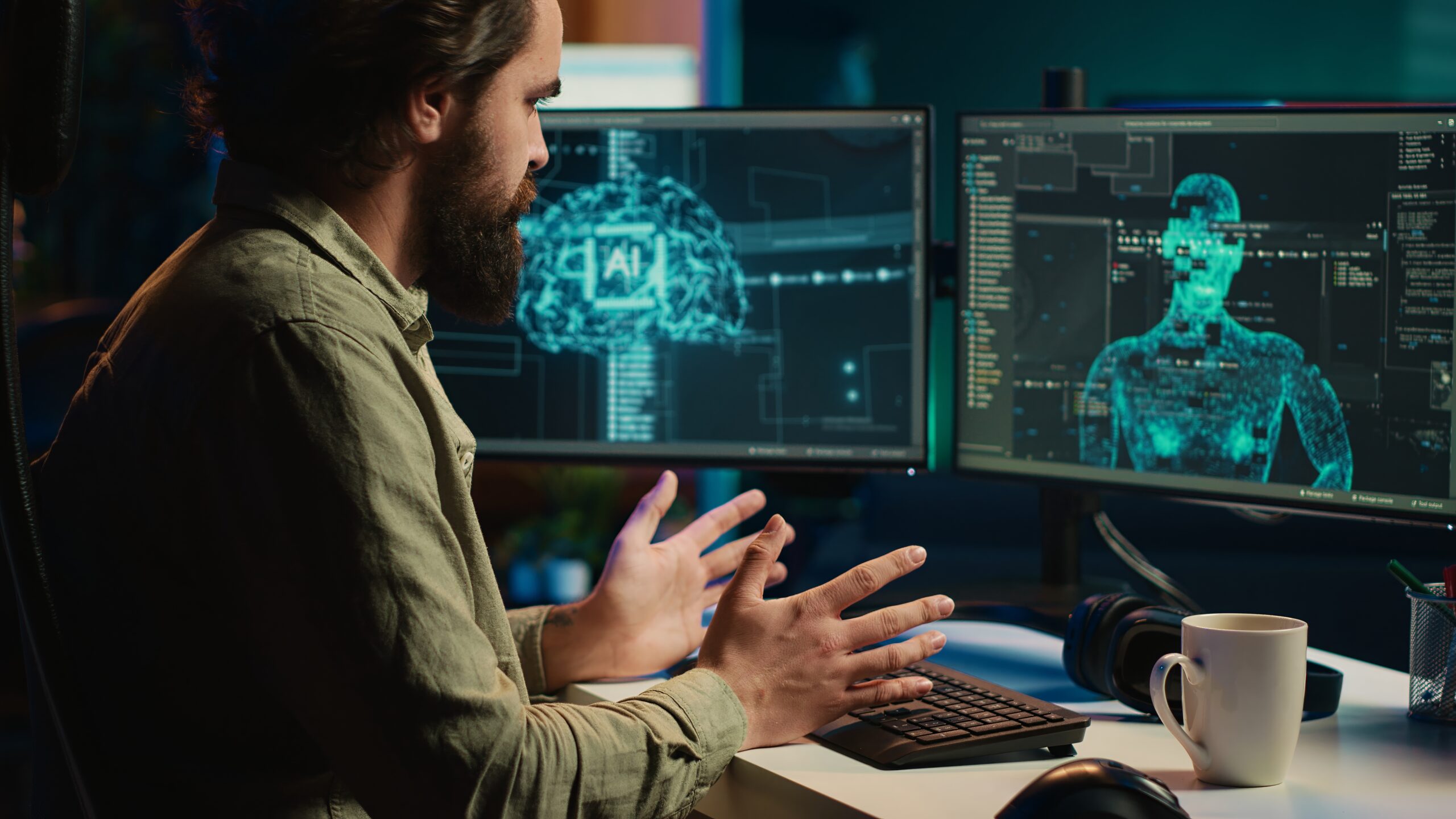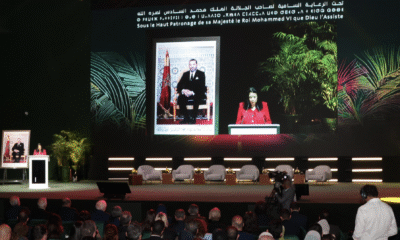International
Morocco Ranks 4th Globally For Professionals Using AI In Their Jobs

Morocco is emerging as a dynamic player in the global AI-driven workforce, with professionals adopting cutting-edge technologies and reshaping traditional employment paradigms. According to a 2024 study by Boston Consulting Group (BCG), The Network, and ReKrute, Morocco ranks fourth globally in generative AI adoption at work (52%), trailing only China and India. This reflects a workforce that is both tech-savvy and adaptable, with 63% of Moroccan professionals expressing willingness to reskill—surpassing the global average of 57%. The study, encompassing 150,000 professionals across 185 countries (including 1,097 in Morocco), underscores a transformative shift in priorities and expectations among Moroccan talent.
Post-pandemic dynamics have redefined workplace motivations, with job stability—previously absent from the top ten criteria in 2020—now prioritized as the foremost concern. Opportunities for learning and career development have surged to second place, while demands for recognition at work highlight a growing emphasis on individual value. Younger professionals (aged 21–30) are particularly assertive, with 78% reporting strong negotiation power and many regularly approached with job offers. Moroccan candidates also exhibit heightened selectivity: 46% would reject roles at companies with negative societal impact (vs. 39% globally), and 36% cite poor interview experiences as deal-breakers.
Morocco’s AI integration extends beyond administrative tasks, with 44% using AI for research and learning, 35% for content creation, and 34% for R&D—surpassing global averages in strategic applications. However, critical engagement with AI-generated content lags: only 36% revise outputs before use, compared to 42% globally. While optimism about AI’s potential is high (34% feel threatened vs. 25% globally), this gap signals a need for enhanced digital maturity, blending technical proficiency with analytical rigor to drive innovation sustainably.
Despite eagerness to reskill, Moroccan professionals face structural barriers. Companies are urged to capitalize on this momentum by investing in training, fostering purpose-driven workplaces, and formalizing AI adoption. As Zineb Sqalli of BCG notes, Moroccan talent’s proactive AI use demands structured guidance to balance performance with safety. Alexandra Montant of ReKrute adds that employers must align with candidates’ aspirations for meaningful work, where AI acts as an enabler rather than a threat.
In conclusion, Morocco’s workforce is poised to co-create the future of work, provided organizations embrace AI as a strategic HR tool, prioritize reskilling, and cultivate environments that merge stability, growth, and purpose. With proactive engagement, businesses can transform Morocco’s tech-driven ambition into sustained competitive advantage.
Source: Boston Consulting Group













